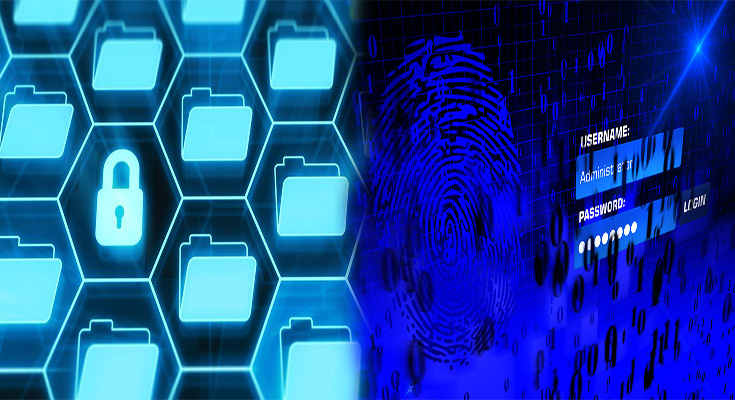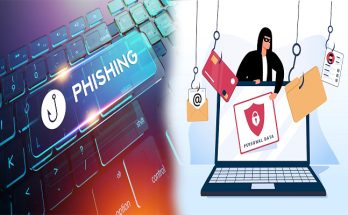We live in a world where we’re constantly connected to each other and the internet. That connectivity comes at a price: our privacy. When it comes to protecting our data, there’s no silver bullet. Instead, the best defense is often a combination of different approaches – including encryption. It’s one of the most important tools we have to protect ourselves from hackers, cybercriminals and even governments that want access to everything we do online.
Encryption is one of the most important tools we have to protect our privacy.
Encryption is one of the most important tools we have to protect our privacy. It’s also a powerful tool for businesses and governments, who use it to keep their data safe from hackers.
The most common type of encryption is called “symmetric.” This means that your password or key can be used to unlock your data on both ends–either by you or someone else (like a government). This makes it harder for someone who steals your computer or phone to get at the information they contain because they don’t know what tools were used to lock down that information in the first place.
Another common type of encryption involves public keys: two different but mathematically related keys that allow users on opposite ends of an exchange (say, sending an email) to communicate securely without having any previous knowledge about each other’s identity or intentions before starting up the conversation in question–and without needing any sort of intermediary between them like law enforcement agencies might provide otherwise!
We all use encryption every day. It’s a part of our online lives that we generally take for granted. It’s how you keep your passwords safe; it’s how you know your messages are private; and it’s how you know companies aren’t keeping tabs on you.
We all use encryption every day. It’s a part of our online lives that we generally take for granted. It’s how you keep your passwords safe; it’s how you know your messages are private; and it’s how you know companies aren’t keeping tabs on you.
But what is encryption? And how does it work?
But encryption isn’t just used by individuals to protect their own data – it’s also used by businesses like Google, Apple and other tech giants who collect massive amounts of personal data about users.
But encryption isn’t just used by individuals to protect their own data – it’s also used by businesses like Google, Apple and other tech giants who collect massive amounts of personal data about users.
Encryption protects your privacy when you use these services. For example, if you’re using an iPhone or an Android device with a Gmail account, then all the emails sent from those devices are automatically encrypted so that only the sender and recipient can see what’s inside them.
This means that Google can’t read or store copies of those emails on its servers (or anyone else’s) because they’re encrypted! The same goes for credit card details when you buy something online; they’re usually transmitted in an encrypted format so as not to make them vulnerable to hacking attacks or data theft (which is why many banks now require online retailers selling credit cards information over HTTPS).
Encryption works by scrambling information so that only the person who has a key can unscramble it and read it. During World War II, two mathematicians broke German codes using complicated algorithms to unscramble their messages; today, we use computers to do this automatically so fast that even people who understand the math behind encryption can’t figure out how to crack it without years of work or millions of dollars worth of special equipment.
Encryption works by scrambling information so that only the person who has a key can unscramble it and read it. During World War II, two mathematicians broke German codes using complicated algorithms to unscramble their messages; today, we use computers to do this automatically so fast that even people who understand the math behind encryption can’t figure out how to crack it without years of work or millions of dollars worth of special equipment.
Encryption is used everywhere online: in email apps like Gmail and Apple Mail; on websites like Facebook and Twitter; in messaging apps like WhatsApp and Signal (which also uses end-to-end encryption); even on your phone when you lock your screen or turn off Bluetooth connectivity with another device nearby (as long as neither party has access to both sides’ keys).
If the government gets its way here, they may destroy decades of progress in digital privacy
If the government gets its way here, they may destroy decades of progress in digital privacy. This is a very important issue that affects us all. We need to protect our privacy and the ability to trust the companies and governments we use.
The government is asking for a lot of power here, and I don’t think it’s worth it. They want us to trust that they won’t abuse this ability – but there’s no way we can know that for sure. And even if they do keep their word, what about the next administration? It would be better for everyone if we just kept things as they are now: encryption protects our privacy by keeping our data safe from hackers, thieves and other intruders who might try to steal our information or abuse it in some way.





